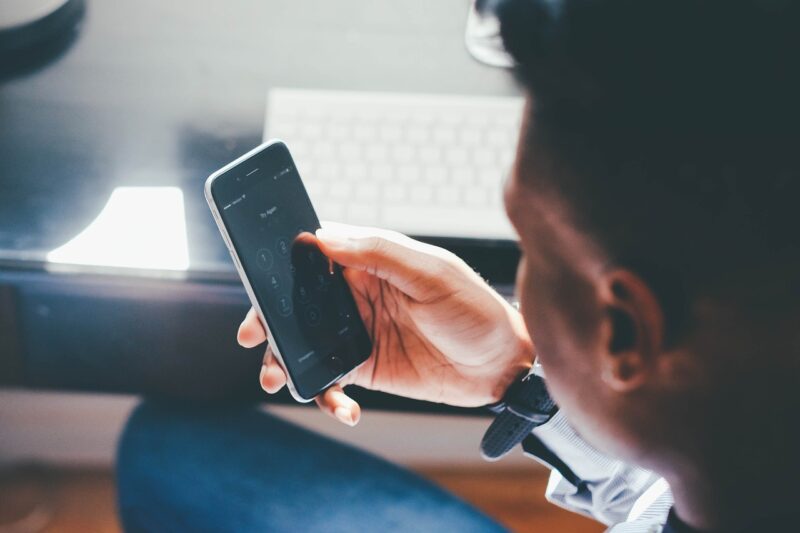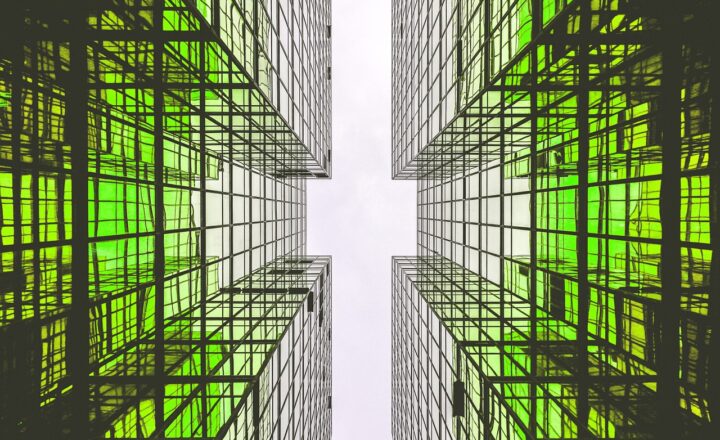The Internet Revolution: How Social Media is Reshaping Human Connection and Culture
November 18, 2024

The advent of social media has fundamentally changed the way humans connect, communicate, and express themselves. As platforms like Facebook, Twitter, Instagram, and TikTok have risen to prominence, they have created an environment where information flows freely and connections can be formed in a matter of seconds. This article explores the profound effects social media has on human connection and culture, delving into its positive impacts, potential pitfalls, and the future of this digital phenomenon.
1. The Birth of Social Media: A New Era of Communication
In the early 2000s, the internet experienced a seismic shift with the introduction of social media platforms. Websites like MySpace and Facebook allowed users to create personal profiles, share updates, and connect with friends and strangers alike. This birth of social media marked the beginning of a new way to communicate—a shift from traditional forms like email and phone calls to instant sharing.
Social media brought the global community closer, enabling people to share experiences, ideas, and cultures regardless of geographical boundaries. The possibility of connecting with people who share similar interests or backgrounds but live continents apart was unprecedented.
2. Building Connections: The Positive Side of Social Media
Social media has been instrumental in creating and nurturing connections across a variety of demographics:
- Fostering Relationships: Social media allows users to maintain relationships that might otherwise fade away due to distance or time constraints. Friends and family can easily share life updates, photos, and personal milestones, keeping ties strong and robust.
- Community Building: Platforms foster the creation of communities based on shared interests or goals. Niche groups can come together to support each other, exchange information, and collaborate on projects, fostering a sense of belonging that transcends traditional community boundaries.
- Mobilizing for Causes: Social media has become a powerful tool for activism and social change. Movements like #MeToo and Black Lives Matter gained momentum through hashtags, rallying individuals to come together for important causes, drawing global attention and action.
These aspects highlight the transformative potential of social media for creating robust human connections, amplifying voices that were previously marginalized, and fostering understanding and support among diverse populations.
3. The Cultural Shift: How Social Media Shapes Our Worldview
Social media impacts culture by redefining communication norms and societal expectations:
- Changing Communication Norms: Social media encourages brevity, with features like character limits and photo-based content leading to a preference for quick, digestible messages. This has changed the way people interact, promoting a culture of instant gratification and reducing the depth of communication.
- Influencer Culture: The rise of social media influencers has created a new form of celebrity, where individuals gain fame and authority based on their online presence. This shift affects consumer behavior, with influencers often becoming key players in marketing strategies and shaping public opinion on various topics.
- Cultural Exchange and Globalization: Social media platforms serve as hubs for cultural exchange, exposing users to diverse ideas, customs, and traditional practices worldwide. This interconnectedness has fostered a global culture that borrows elements from various backgrounds, enriching society but also leading to debates about cultural appropriation.
The cultural shift brought by social media results in a more integrated world, challenging traditional norms while simultaneously celebrating diversity.
4. The Dark Side: Mental Health and Social Media
While social media offers numerous benefits, it also raises concerns related to mental health and well-being:
- Comparison and Self-Esteem Issues: Constant exposure to curated lives can lead individuals to make unhealthy comparisons, affecting self-esteem and causing anxiety. The pursuit of likes and online validation can create a cycle of pressure that harms mental wellness.
- Cyberbullying: The anonymity of social media can embolden harmful behavior, including cyberbullying. Victims may find themselves trapped in an online environment that perpetuates negativity and harassment, leading to severe psychological consequences.
- Addiction and Screen Time: Excessive use of social media can lead to addiction-like behaviors, detracting from real-life interactions and responsibilities. Studies indicate that prolonged screen time can lead to various health issues, including depression and anxiety.
Understanding and addressing these challenges is essential for creating a healthier relationship with social media.
5. The Future of Connection: Trends and Predictions
As we look to the future, the role of social media continues to evolve. Here are some trends and predictions to consider:
- Increased Focus on Privacy: With rising concerns over data privacy, platforms may increasingly focus on protecting user information, creating private spaces for communication and interaction.
- Augmented Reality (AR) and Virtual Reality (VR): The integration of AR and VR into social media may create immersive experiences that enhance human connection, allowing individuals to meet in digital spaces in more engaging ways than ever before.
- Continued Cultural Influence: Social media will likely continue to shape global trends, influencing art, fashion, and communication while also promoting cross-cultural understanding.
The trajectory of social media suggests a dynamic future, filled with opportunities for both positive connection and cultural evolution.
Conclusion: Embracing Change and Building Connections
In conclusion, social media stands as a powerful force in reshaping human connections and culture. While it brings remarkable opportunities for fostering relationships and promoting cultural understanding, it also poses significant challenges related to mental health and well-being. Embracing the evolution of social media requires awareness, adaptability, and a commitment to using these tools responsibly. By doing so, individuals and societies can harness the power of social media to build genuine connections and thrive in the digital age.








